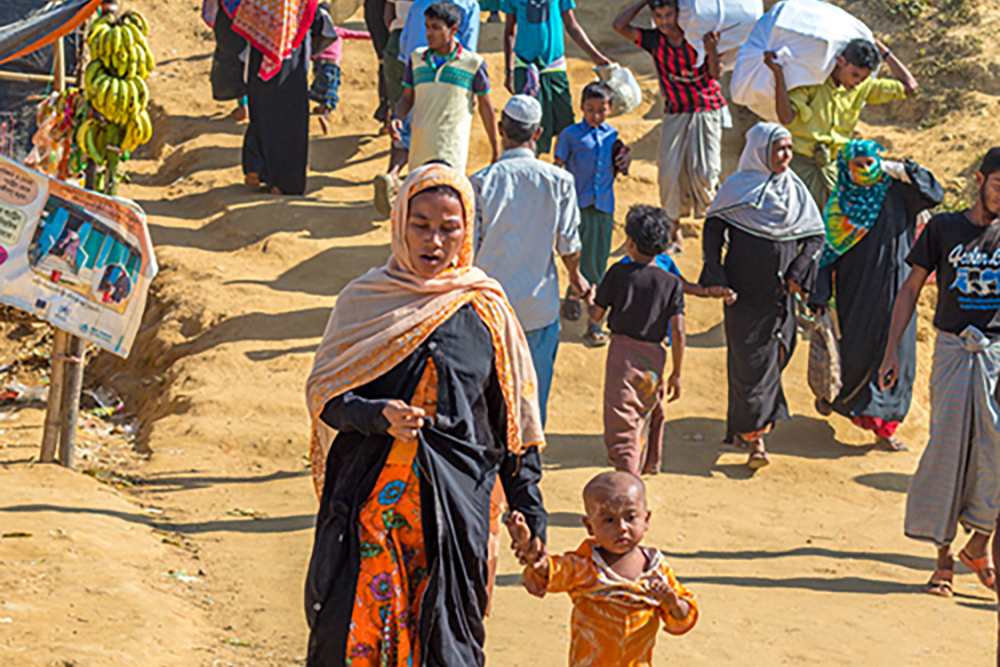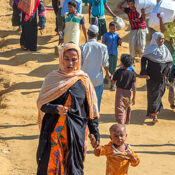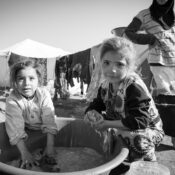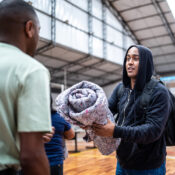
Refugee Struggles: Poverty and Its Impact on Cultural Norms
Refugee Struggles: Poverty and Its Impact on Cultural Norms
The Intersection of Poverty and Refugee Experiences
Refugees often face significant challenges as they flee conflict and persecution in search of safety. Among these challenges, poverty stands out as a critical issue that exacerbates their struggles. Many refugees arrive in host countries with limited resources, finding themselves in situations where basic needs such as food, shelter, and healthcare are hard to come by. This economic hardship impacts their ability to integrate into new communities and rebuild their lives.
The poverty experienced by refugees often leads to a reliance on aid and humanitarian assistance, which, while essential, can create a cycle of dependency. Without opportunities for employment and self-sufficiency, refugees can remain trapped in poverty, unable to move forward. This economic instability not only affects their immediate well-being but also has long-term implications for their ability to contribute to and become part of their host societies.
Education is a vital pathway out of poverty for refugees, yet access to quality education is frequently limited. Refugee children often face barriers such as language differences, lack of school materials, and the need to prioritize work over schooling to support their families. These challenges hinder their ability to gain the education needed to break the cycle of poverty and achieve future success.
Impact on Cultural Norms and Identity
The struggle with poverty significantly influences the cultural norms and identity of refugee communities. As refugees adapt to their new environments, they must navigate the balance between preserving their cultural heritage and assimilating into the host country’s culture. Economic hardship can intensify this challenge, as refugees may feel pressured to abandon certain cultural practices in order to survive and be accepted.
Traditional family roles and community structures are often disrupted by the conditions of poverty. For instance, in many cultures, men are traditionally the primary breadwinners, but the scarcity of job opportunities in host countries can force women and children to seek work, altering family dynamics and roles. This shift can lead to tensions within families and communities as they adjust to new economic realities.
Despite these challenges, many refugee communities find ways to maintain their cultural identity. Community centers, religious institutions, and cultural organizations play a crucial role in providing a sense of belonging and continuity. These spaces allow refugees to connect with one another, share their experiences, and keep their traditions alive, offering some stability amidst the upheaval caused by poverty and displacement.
Addressing the poverty experienced by refugees requires comprehensive policies that promote economic integration, access to education, and support for cultural preservation. By providing refugees with the resources and opportunities to thrive, we not only help them rebuild their lives but also enrich our societies with their diverse cultural contributions.




